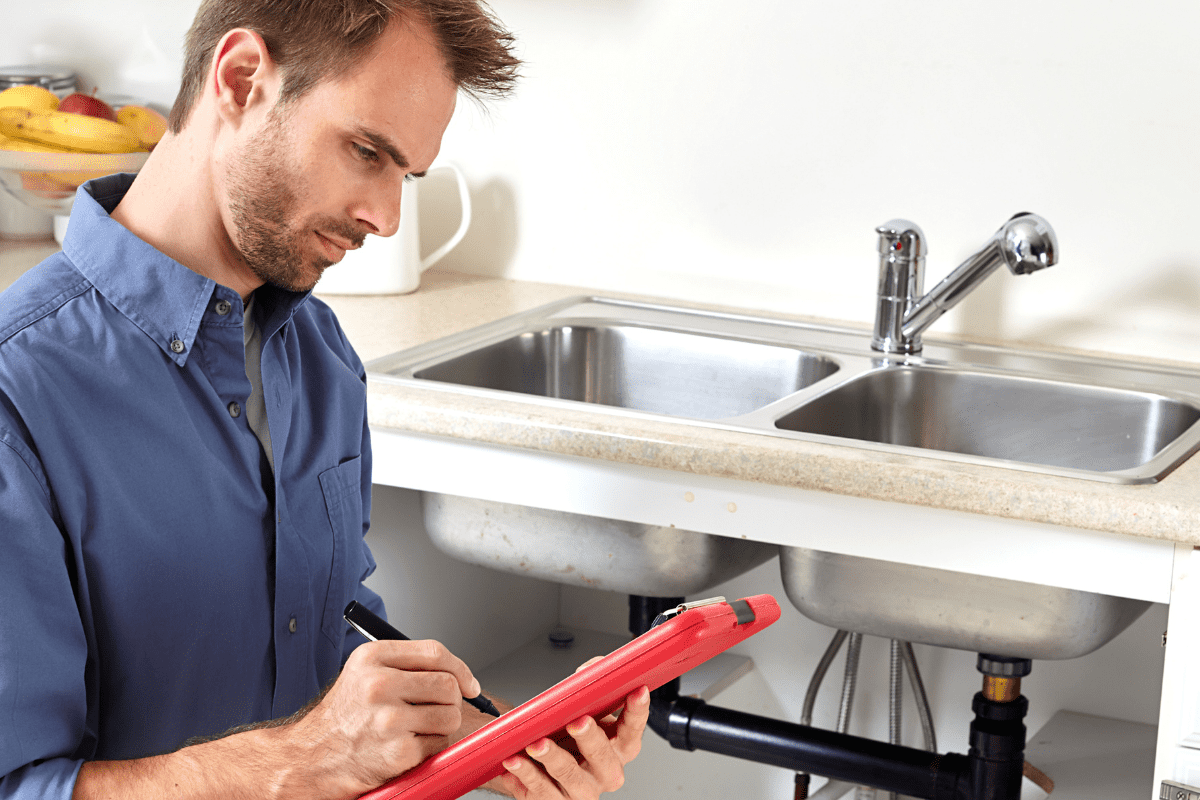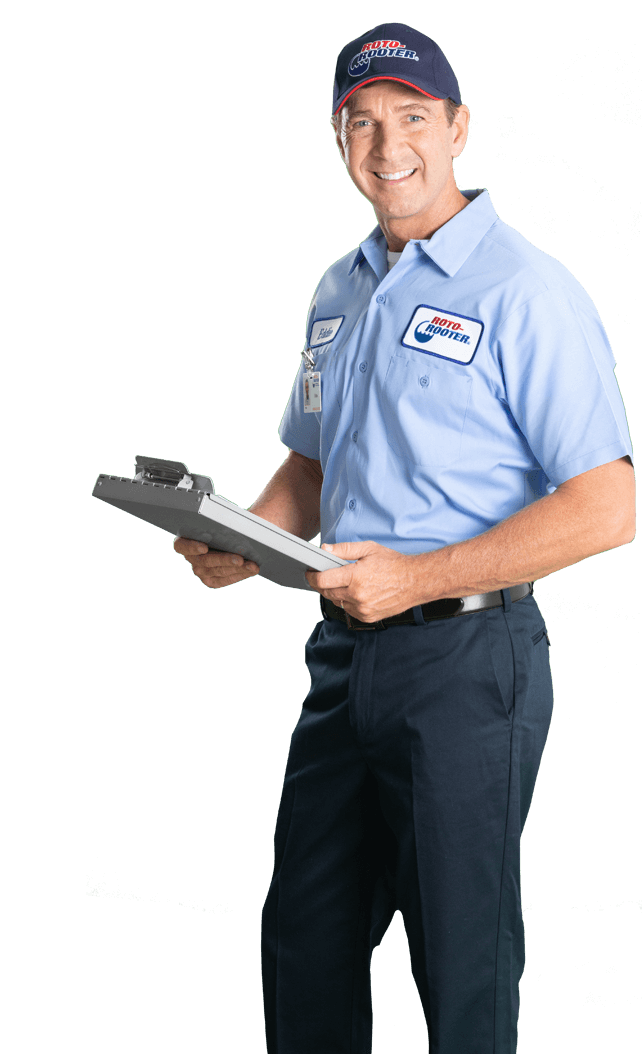Exactly how to Keep Your Hot Water Heater and Heating System
Maintaining your home's vital home appliances, like the water heater and furnace, is essential for ensuring their optimal performance and longevity. https://actonplumber.co.uk By putting in the time to regularly evaluate and service these systems, you'll not just prolong their life expectancy however likewise delight in the advantages of improved energy performance and an extra comfy living atmosphere. From checking the temperature and pressure safety valve on your hot water heater to replacing air filters on your heater, there are several basic steps you can take to maintain these devices running efficiently. However the real inquiry is, are you prepared to take control of your home's comfort and save money on power prices?
Secret Takeaways
- Routinely examine the temperature and stress safety valve, container for rust/corrosion, and anode rod on the water heater to guarantee appropriate procedure and prevent concerns.
- Replace air filters in the furnace every couple of months to keep unobstructed air movement and improve effectiveness.
- Drain pipes the water heater storage tank occasionally to remove debris build-up, and clean the interior and drain shutoff.
- Deal with any unusual noises or irregular home temperature levels with the heater, and consult a HVAC service technician for diagnosis and resolution.
- Upgrade insulation, change thermostat settings, and use programmable thermostats to maximize the energy effectiveness of both the hot water heater and furnace.
Checking Your Hot Water Heater
Consistently examining your hot water heater is crucial to verifying its proper functioning and long life.
Begin by examining the temperature level and pressure relief valve to ensure it's operating properly. This safety and security check will certainly guarantee the shutoff can launch excess pressure and protect against prospective explosions.
Next, check out the storage tank for any kind of indications of rust or rust. If you spot any, it's time to think about replacing your hot water heater, as these concerns can compromise its integrity and lead to leakages.
While you're at it, have a look at the anode pole, which helps protect against deterioration. If it's significantly diminished, you might require to change it.
Don't fail to remember to inspect the pilot light and burner assembly. Ensure the flame is blue and stable, as this shows appropriate combustion. If the fire shows up yellow or flickering, you may have a problem that requires professional focus.
Regular water heater assessments are essential for optimizing its performance and lifespan. Remain attentive, and address any type of issues without delay to stay clear of pricey repair work or substitutes down the line.
Keeping Your Furnace
Equally as you check your hot water heater, you'll want to consistently examine your heating system to confirm it's running efficiently.
Begin by changing the air filter every couple of months to maintain airflow unobstructed and improve efficiency. You must also cleanse or replace the furnace filterings system frequently - unclean filters can limit air movement and create your furnace to function harder, squandering energy.
Next off, examine your thermostat settings. Make certain the temperature is established appropriately for your requirements and that the thermostat is functioning correctly. Think about upgrading to a programmable thermostat, which can immediately change the temperature level based on your schedule and assist you reduce energy expenses.
Lastly, have an expert inspect and service your furnace yearly. They can identify any type of potential problems and do required upkeep to keep your heating system running at its best.
Cleansing Hot Water Heater Elements
Along with maintaining your furnace, it's important to regularly clean up the elements of your hot water heater to assure peak performance and durability.
Begin by draining your hot water heater's storage tank to get rid of any type of sediment build-up that can build up in time. This can be done by connecting a garden pipe to the drainpipe valve situated at the end of the container and allowing the water to flow out up until it runs clear.
Next, make use of a wire brush or a wet cloth to delicately scrub the inside of the tank, concentrating on any locations with visible sediment. Make sure to also clean the drainpipe valve itself, making sure it's free of any particles that might avoid it from closing appropriately.
In addition, inspect the anode rod, which aids stop corrosion, and replace it if needed.
Ultimately, purge the container with fresh water to get rid of any kind of continuing to be sediment before refilling and transforming the water heater back on.
Attending To Heating System Issues
In addition to maintaining your hot water heater, it is very important to stay on top of any kind of problems with your heater to keep your home comfy and energy-efficient.
Among the initial indications of difficulty with your heater could be unusual sounds, like banging, whistling, or rattling. These heater sounds could show troubles with the blower electric motor, ductwork, or other elements. If you discover any unusual audios, it's best to have an expert evaluate your heating system and deal with the hidden concern.
One more usual heating system problem is incorrect thermostat calibration. If your home doesn't seem to be reaching the desired temperature, also after adjusting the thermostat, the thermostat itself may need recalibration or substitute. Correct thermostat calibration warranties your heater operates efficiently and maintains regular comfort degrees throughout your home.
Don't wait to hire a heating and cooling technician to identify and resolve any type of furnace issues you run into. Tackling problems proactively can aid stop more substantial and costly repair work down the line.
Maximizing Power Effectiveness
Maximizing your hot water heater and furnace's energy effectiveness can result in considerable cost savings on your utility costs.
On a regular basis preserving these essential home systems, such as purging the water heater container and cleaning the heater's air filters, assurances they run at their peak performance.
Do not forget to assess insulation upgrades, as well. Correctly protecting your home's wall surfaces, attic, and ductwork can significantly reduce heat loss, permitting your heater to work much less while keeping your home cozy.
One more simple means to boost efficiency is to readjust your thermostat setups.
In the wintertime, set it to 68 F or reduced when you're home and awake, and even reduced when you're asleep or away. In the summertime, go for 78 F or higher.
Programmable thermostats make this a breeze, instantly changing the temperature level to match your day-to-day regimen.
With a few simple tweaks, you can delight in higher comfort and lower expenses throughout the year.
Often Asked Questions
How Commonly Should I Change the Water Heater Anode Pole?
You ought to change your water heater's anode rod every 3-5 years to prevent corrosion and prolong its lifespan.
The anode pole's objective is to bring in harsh elements, sacrificing itself to shield the tank.
With time, the pole gets diminished, so replacing it routinely is crucial for rust avoidance and guaranteeing your water heater operates effectively.
Monitor the rod's condition, and don't wait up until it's completely broken prior to switching it for a brand-new one.
Can I DIY Install a New Heater, or Should I Work with an Expert?
You can DIY install a new heating system, yet it's risky and not suggested. The process entails intricate electric, gas, and ventilation job that can be hazardous if not done effectively.
Instead, hire a professional HVAC technician. They have actually the experience to ensure your furnace is mounted securely and effectively.
While do it yourself suggestions may seem alluring, it's merely unworthy the prospective risks. Let the pros handle your new heater setup for comfort.
What Are the Signs That My Water Heater Requirements to Be Changed?

Your hot water heater has a normal life-span of 8-12 years.
Typical indications it's time to change it include leakages, rustic water, or a heating system that takes longer to heat water.
If you observe these issues, do not wait - it's finest to replace your water heater prior to it fails totally.
Consulting a professional can aid you identify the best replacement alternative for your home and budget plan.
Just How Can I Tell if My Heater Is Operating at Ideal Effectiveness?
To check if your furnace is operating successfully, search for a couple of vital indicators.
Initially, note if your energy costs have actually all of a sudden boosted - this might signify your heater isn't running as effectively.
You can additionally do a visual inspection, checking for dirt accumulation or odd sounds, which might suggest problems.
Following regular furnace upkeep pointers like changing filters and scheduling tune-ups will aid assure your system runs at its ideal.
Is It Safe to Store Things Around the Water Heater or Heater?
It's ideal not to shop products around your water heater or heating system.
Preserving correct clearance is important for safety and top efficiency. Blocking air movement can lead to hazardous problems and reduce efficiency.
Keep a 2-3 foot clearance around the systems to permit appropriate ventilation. This guarantees your hot water heater and heater can run securely and efficiently, stopping prospective concerns.

Conclusion
Regularly inspect your hot water heater and heater to maintain their peak efficiency.
Check the safety valve, tidy the anode rod, and replace air filters to stop problems.
Annual specialist inspections will certainly likewise help expand the life-span of these essential home appliances.
By taking positive measures, you'll ensure a comfy living setting and make best use of energy effectiveness.
